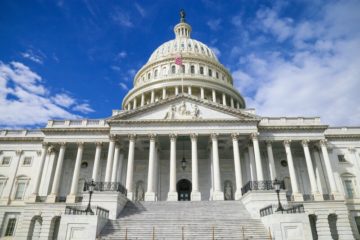Climate Scientists Reach ‘Unequivocal’ Consensus on Human-Made Warming in Landmark Report
The first major assessment from the UN-backed Intergovernmental Panel on Climate Change in nearly a decade sees no end to rising temperatures before 2050.
An epochal new report from the world’s top climate scientists warns that the planet will warm by 1.5° Celsius in the next two decades without drastic moves to eliminate greenhouse gas pollution. The finding from the United Nations-backed group throws a key goal of the Paris Agreement into danger as signs of climate change become apparent across every part of the world.
The latest scientific assessment from the UN’s Intergovernmental Panel on Climate Change for the first time speaks with certainty about the total responsibility of human activity for rising temperatures. The scientists forecast no end to warming trends until emissions cease.
“It is unequivocal that human influence has warmed the atmosphere, ocean and land,” wrote the authors of the IPCC’s sixth global science assessment since 1990 and the first released in more than eight years. The crucial warming threshold of 2°C will be “exceeded during the 21st century,” the IPCC authors concluded, without deep emissions cuts “in the coming decades.” (Learn more)
Among the headline findings: The past decade was most likely hotter than any period in the last 125,000 years, when sea levels were as much as 10 meters higher. Combustion and deforestation have also raised carbon dioxide in the atmosphere higher than it’s been in two million years, according to the report, and agriculture and fossil fuels have contributed to methane and nitrous oxide concentration higher than any point in at least 800,000 years.
“Our opportunity to avoid even more catastrophic impacts has an expiration date,” said Helen Mountford, vice president of climate and economics at the World Resources Institute. “The report implies that this decade is truly our last chance to take the actions necessary to limit temperature rise to 1.5°C. If we collectively fail to rapidly curb greenhouse gas emissions in the 2020s, that goal will slip out of reach.”


